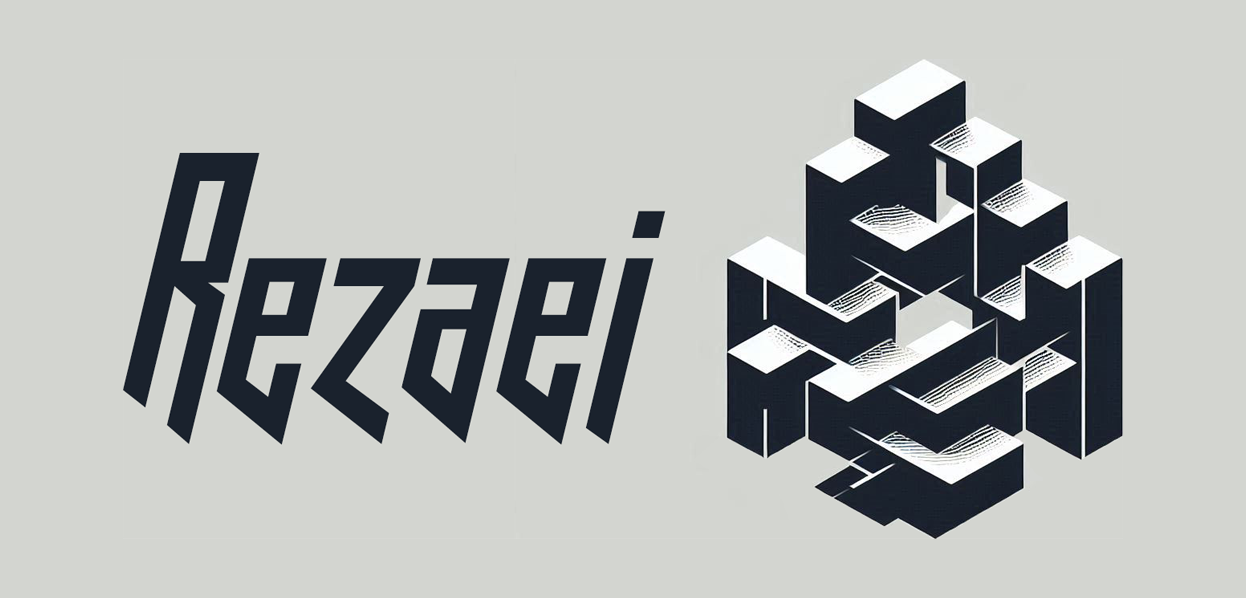The Rise of Decentralized Finance (DeFi) and the Evolution of Cryptocurrency Trading
As the cryptocurrency market continues to grow and evolve, new technologies and platforms are emerging to disrupt traditional finance. One such innovation is the use of decentralized exchanges (DEXs), staking pools, and other DeFi protocols that are changing the way people think about trading and investing.
What is an ETF?
An Exchange-Traded Fund (ETF) is a type of investment fund that trades on an exchange, like stocks. Rather than being held in a brokerage account, ETFs are listed on an exchange and trade throughout the day, allowing investors to easily buy and sell them. This makes it easier for individuals to invest in a variety of assets, including stocks, bonds, commodities, and currencies.
What is a Swap?
A swap is a type of financial derivative that allows two parties to exchange one currency or commodity for another, without actually exchanging the underlying asset. Swaps are commonly used by banks and other financial institutions to manage risk and hedge against market fluctuations. They can be used for a variety of purposes, including hedging against interest rate risk or managing currency exposure.
What is a Staking Pool?
A staking pool is a type of decentralized finance (DeFi) protocol that allows users to stake their cryptocurrencies to participate in the network and earn rewards. By staking a cryptocurrency, users are essentially “locking up” their assets for an extended period of time, allowing others to use them in exchange for rewards.
Staking pools typically operate on blockchain networks such as Ethereum and Binance Smart Chain, where they host complex algorithms that use computational power to validate transactions and secure the network. In exchange for participating in the network, users receive a percentage of the revenue generated by the pool’s operations.
The Rise of Staking Pools
Staking pools have become increasingly popular in recent years, particularly among institutional investors looking for more efficient ways to participate in decentralized finance. The ease of use and accessibility of staking pools has made it possible for individuals to participate in DeFi without having to hold a significant amount of capital.
One of the main benefits of staking pools is that they offer a low-risk way to earn returns on investments, as rewards are typically distributed automatically based on user participation. This makes staking pools an attractive option for investors looking to diversify their portfolios and potentially earn higher returns than traditional investment options.
The Benefits of Staking Pools
Staking pools have several benefits that make them an attractive option for investors. These include:
- Low Risk
: Staking pools are designed to be low-risk, as rewards are typically distributed automatically based on user participation.
- Diversification: Staking pools offer a way to diversify your portfolio by investing in multiple cryptocurrencies and networks.
- Passive income: By staking a cryptocurrency, users can earn passive income through interest or dividends.
- Community engagement: Many staking pools have active communities that interact with users and provide support.
Conclusion
The rise of DeFi protocols and staking pools has transformed the way people think about trading and investing. These innovative technologies offer new ways to participate in the cryptocurrency markets, potentially earning higher returns than traditional investment options. As the cryptocurrency market continues to evolve, we can expect to see even more exciting developments in this space.
Whether you’re a seasoned investor or just starting out, staking pools are definitely worth considering as part of your overall investment strategy.
